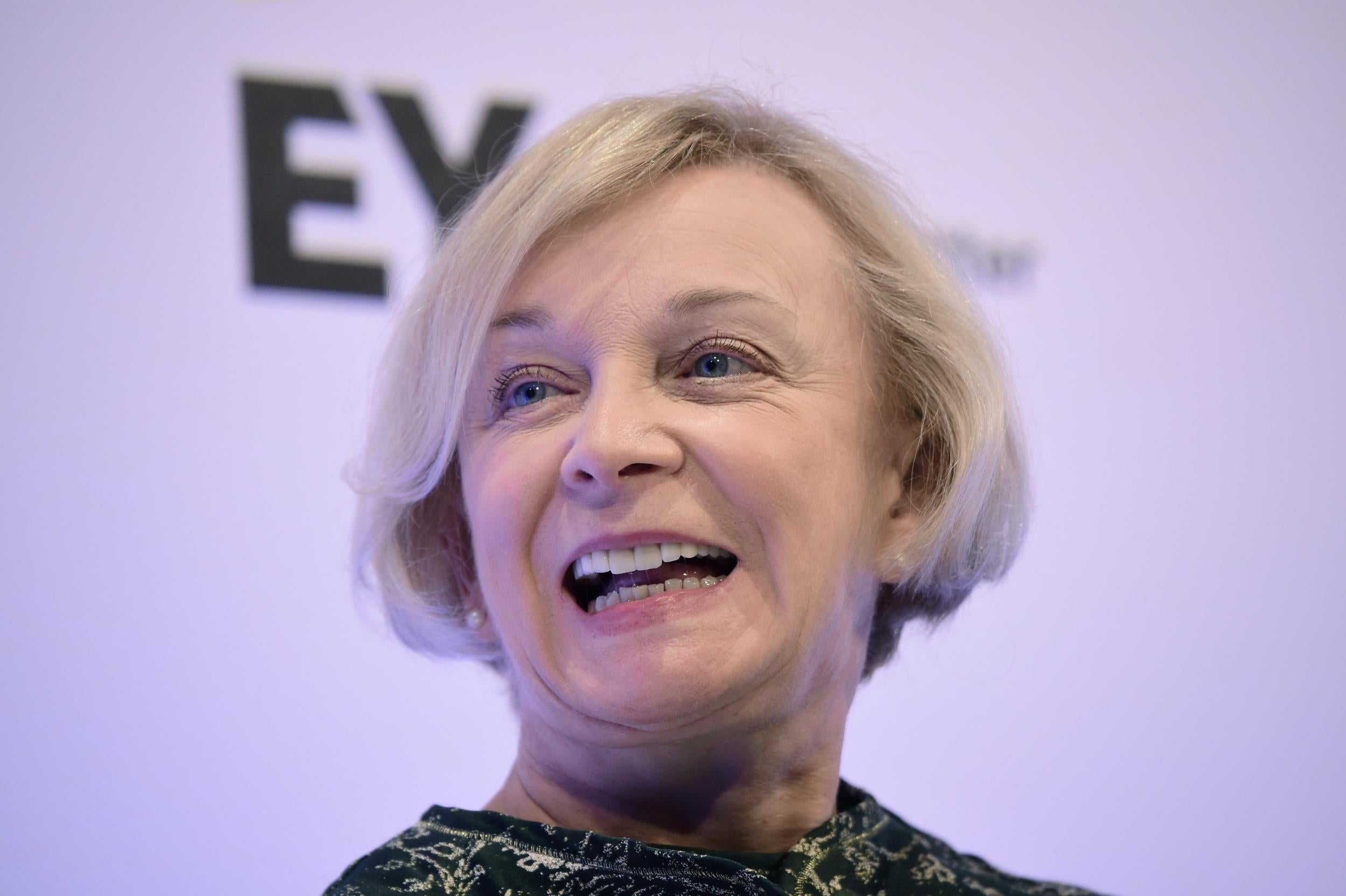More people called David and Steve lead FTSE 100 companies than women and ethnic minorities
There are currently five ethnic minority and seven female chief executives of FTSE 100 companies

There are more people called David or Steve who head up FTSE 100 companies than there are women or ethnic minorities, underscoring the extent to which corporate Britain is still dominated by men.
According to research conducted by INvolve, a group that champions diversity and inclusion in business, there are currently five ethnic minority and seven female chief executives of FTSE 100 companies. Nine are named David and four are called Steve.
Later this month Royal Mail, which is headed up by Moya Greene, is set to join the index of the UK’s biggest publicly listed companies, taking the total number of female-led firms to eight.
The number highlights how women and ethnic minorities are still dramatically underrepresented on corporate boards across the UK.
According to the Government’s Hampton-Alexander Review into female leaders across FTSE companies published last November, only five FTSE 250 companies had at the time achieved a gender-balanced board.
Speaking at an event in London to mark International Women’s Day this week, Carolyn Fairbairn, director general of the Confederation of British Industry, said that women are now joining boards in greater numbers than ever, but often as non-executive directors.
“These are important roles but they are not the day-to-day leaders of UK firms”, she said. “We need more women in top executive roles, as CEOs, finance directors, running business units, on executive committees and just below”.
“Seeing women in leadership positions is important, but we need more action”, she added.
INvolve’s research comes on the back of a report published by the group in collaboration with consultancy Cebr earlier this month showing that the economic cost of workplace discrimination to the UK economy is £127bn annually.
A PwC study recently found that women across the UK would collectively be paid £90bn more every year if the gender pay gap were closed.
Join our commenting forum
Join thought-provoking conversations, follow other Independent readers and see their replies
Comments